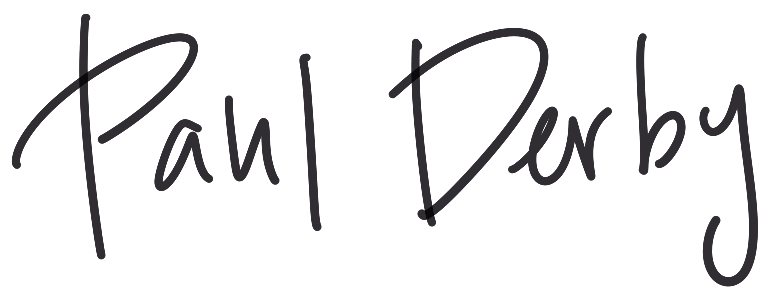Reaching Out to "Mentors" in the UX Research Community
On more than one occasion, I've advised future UX researchers to reach out to professionals in the #UX community: other researchers, hiring managers, and people who inspire them. Admittedly, I recommended this as if it was obvious how to interact with someone who has something that you want (e.g., knowledge, skills, or a job). What I failed to share is how to reach out to people who don't know you. In this article, I'm offering instructions and examples for how to reach out to people who you would like to learn from - and be at peace if they don't respond.
UX Research Portfolios: Format + Examples
I just found a 💎 of a resource about how to put together your #uxresearch #portfolio by Karina Hickey. Karina presented this at UX Australia in March 2020. What stood out to me was the simple "POWER" framework that Karina recommended for each case study (citing David Travis). Karina also recommended UXR portfolios to check out. I've dug up links to them.
Breaking into UX Research: Ideas from our UX Community
I've consolidated and categorized those unattributed, verbatim comments in this article. Consider this article to be a collection of experiences and perspectives from real people in our UX community; not necessarily a guide. My hope is that this information can provide new researchers with some direction toward launching their UXR careers.
(Finally) Writing My Management Philosophy
"What's your management philosophy?" To my surprise, people really do ask about this. I've been asked this both during a job interview and by a candidate for my team during THEIR job interview. Perhaps I always assumed that this question was reserved primarily for management coaching.
Four Steps to a Thoughtful Self-Review
Your self-review is an important exercise in advocating for yourself; you're telling the story about why you met expectations, exceeded them, or perhaps deserve a promotion. No big deal, right? To add insult to injury, you have to do so within the guidelines of "2-3 accomplishments" and a specific character count. There are many ways you can approach this. I'm offering one way in four steps.








